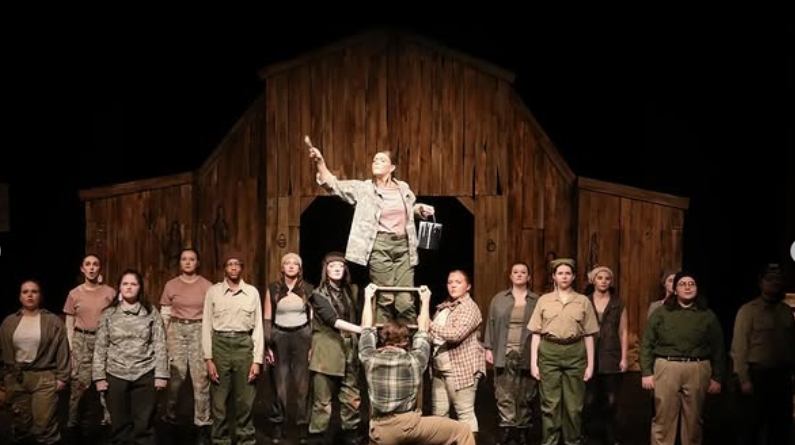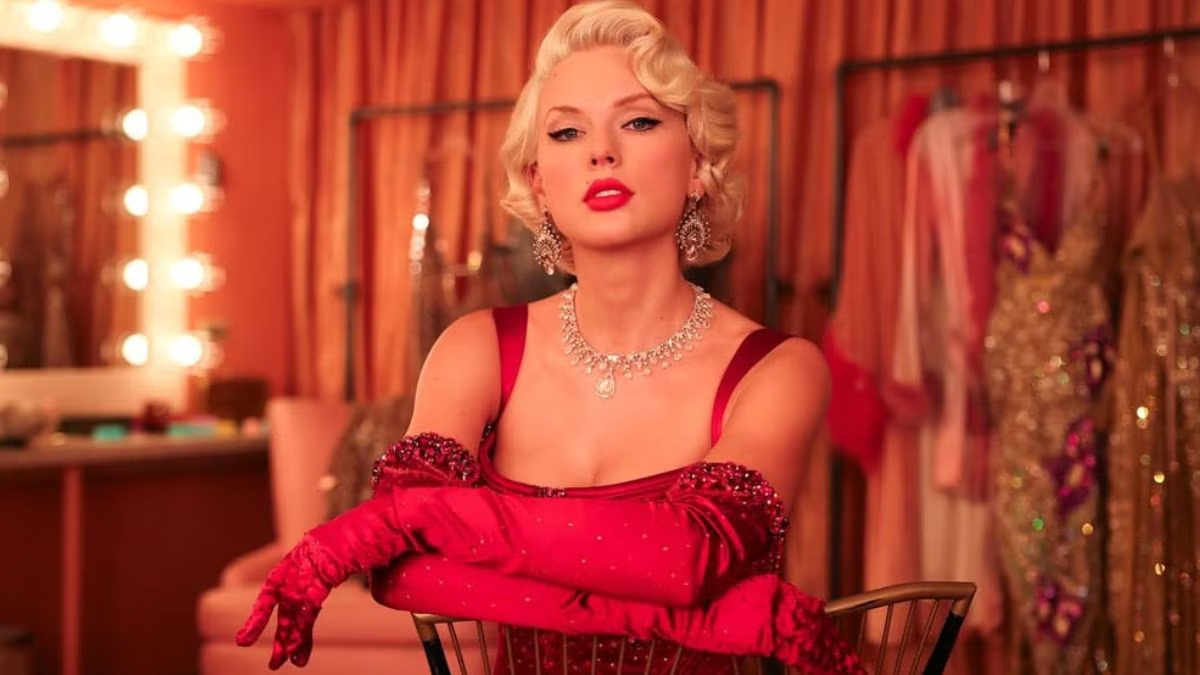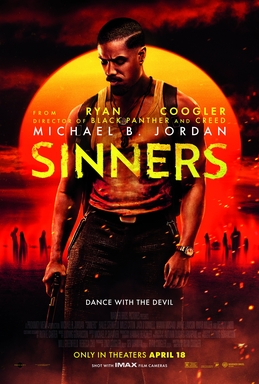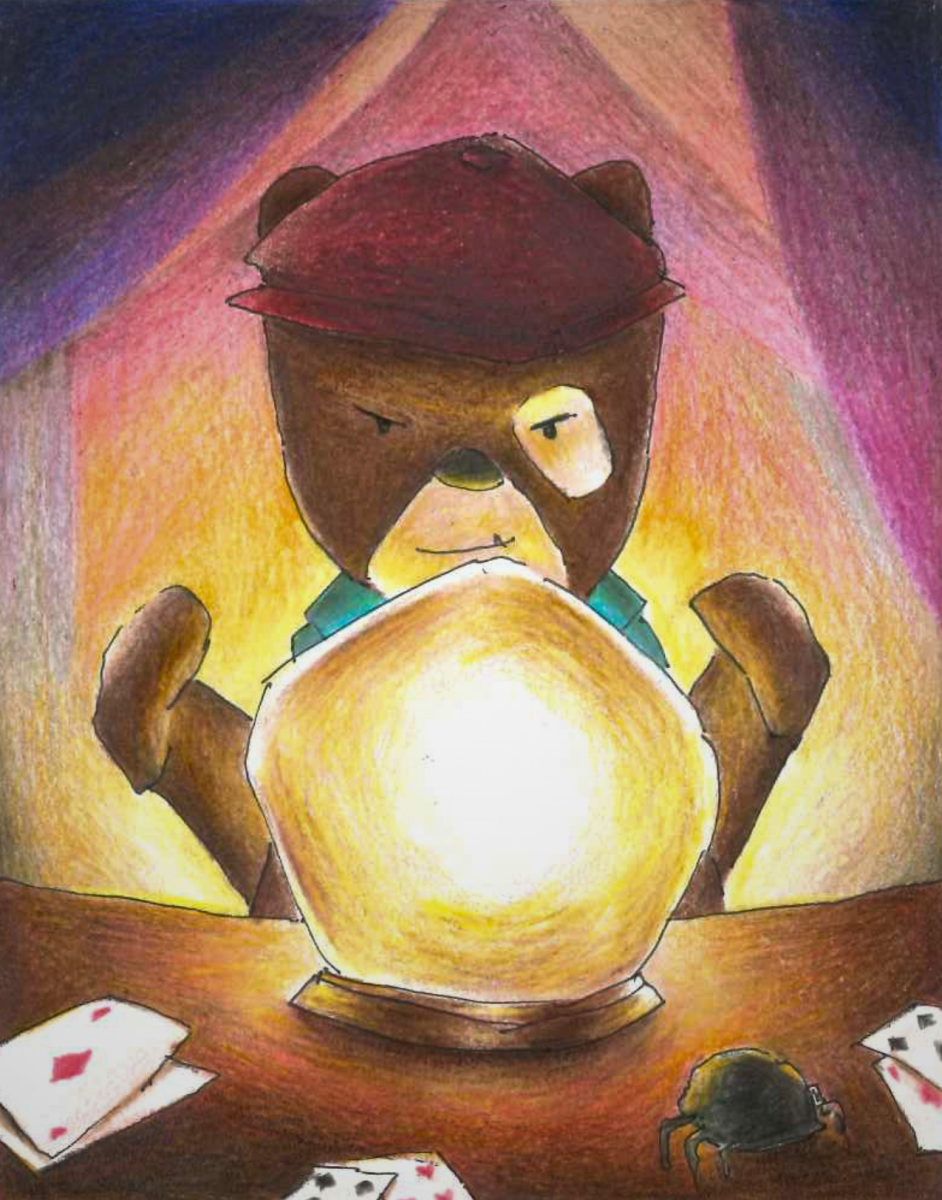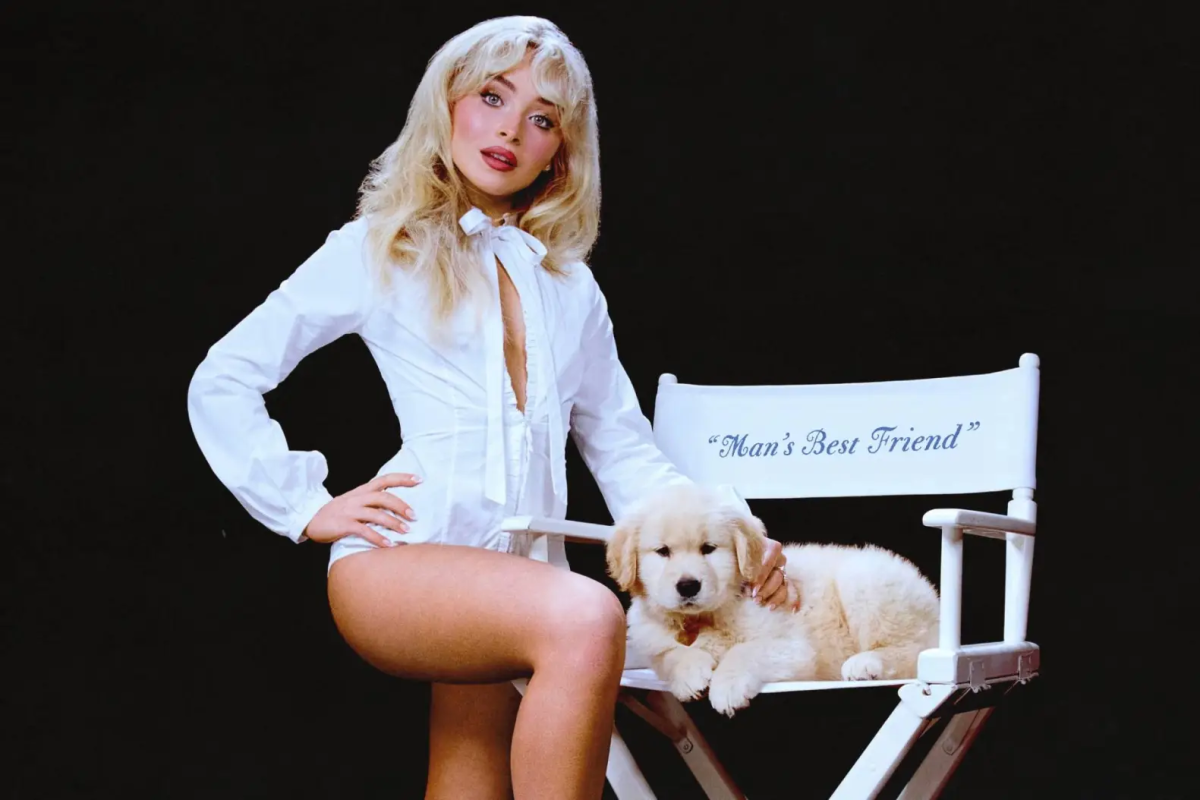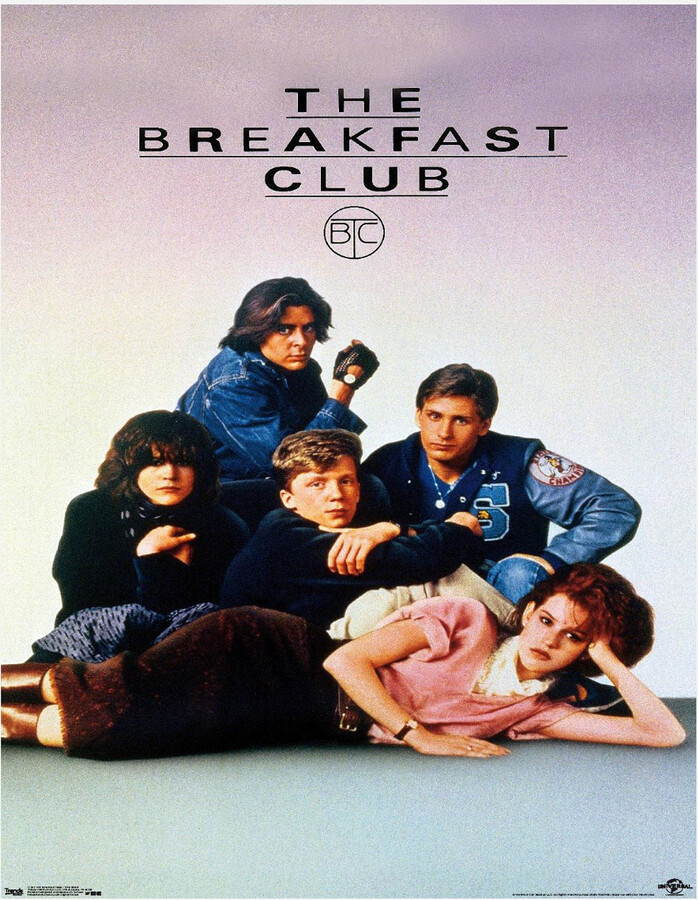By Gabrielle Blanchard, Contributing Writer
To say that I’ve been waiting for “Black Panther” would be an absolute understatement. I read comics and I’ve closely followed the Marvel Cinematic Universe (most commonly referred to as the MCU), and for the past few months, anxiously counted down the days until The King of Wakanda made his cinematic debut. As a black woman, I knew quite a bit was riding on the success of this movie, and I had to see it the very first day it came out.
This is not a superhero origin story. It’s Shakespeare meets political drama, set in an Afrofuturistic society, only loosely referencing the rest of the Marvel Cinematic Universe, and works as a standalone film— something that is in its favor.
It’s difficult to say too much without spoiling major parts of the plot. The movie twists and unfolds to delve deeper into the history of Wakanda and its place in the changing world. Every moment matters and every moment counts, right from the opening scene until the very final scene. The characters’ motivations and goals are intertwined, even paralleling each other in some cases, making for a rich and complex story.
The movie begins with a young boy asking his father about the history of the country of Wakanda. Wakanda, to the rest of the world, is a third-world country with seemingly nothing to offer and inaccessible to the rest of the world due to the rain forest surrounding it. This rain forest, however, hides all of Wakanda’s secrets: inside of its borders is a society that developed technology, weaponry, medicine, etc. that’s years ahead of the rest of the world, thanks to its endless supply of vibranium.
The rest of of the film is set in present-day, after the events of Marvel’s Civil War. T’Challa returns to Wakanda after the death of his father in order to take on the role of king. This role is later challenged because of a mistake T’Chaka, T’Challa’s now-deceased father, made many years ago in an effort to protect Wakanda. I’d say more about this, but the plot hinges on reveals and surprises and they are certainly well worth it.
Played by Chadwick Boseman, T’Challa – the Black Panther himself – shows versatility as the King of Wakanda. T’Challa is a soft, gentle, and kind hearted man who is struggling to come to terms with the death of his father, becomes weak at the knees at the sight of the woman he loves, is consistently teased by his baby sister, and has a deep love for his country.
Throughout the film, T’Challa struggles with maintaining his country’s history of isolationism or opening Wakanda’s borders to the rest of the world and offering what they have to aide others. In his suit powered by vibranium and with the powers of the goddess Bast, the Black Panther is a seemingly unstoppable force of raw power and seemingly endless capabilities.
The story continues to unfold in surprising ways, tackling topics such as nationalism, radicalization, isolationism, and the struggle of black people coming to terms with their history and finding their place in the world, as well as how we’re meant to respond to and handle these struggles.
T’Challa’s nemesis, Erik Killmonger (Michael B. Jordan), manages to make you understand his motivations, maybe almost even make you side with him, making him a complex and layered villain. Okoyo (Danai Guriri) is the leader of the Dora Milaje, personal bodyguards to the royal family, and women you would not want to cross. Nakia (Lupita Nyong’o), one of Wakanda’s spies, is T’Challa’s ex-lover, and someone who believes deeply in her – as well as Wakanda’s ability – to inspire change and to help others. Angela Bassett also shines as Ramonda, mother of T’Challa and Shuri.
The biggest standout in the movie, however, is a tie between Shuri (Letitia Wright), T’Challa’s younger sister whose genius rivals that of Tony Stark, and M’Baku (Winston Duke), leader of the Jabari Tribe, a character who takes a drastic turn from his comics personality in all of the best ways in order to go toe-to-toe with T’Challa.
“Black Panther’s” strength also lies in the writing of its women. None of these women are damsels waiting to be rescued or sitting on the sidelines while T’Challa saves the day. Women are crucial to the story. T’Challa and Wakanda rely on their strength and skills – some of the film’s most crucial fight scenes rely on them. They are women who are allowed to have distinct and varied personalities, skill sets, and none of these women are interchangeable. Wakanda’s women are powerful and well-respected. It was truly amazing to see them shine.
I can’t go without mentioning the soundtrack for this, as Kendrick Lamar nailed the tone and feel of the film perfectly. Listen to it on Spotify, Apple Music or YouTube if you’re at all a fan of the rap/hip-hop genre. It’s a delight to workout to and get motivated.
Like most Marvel films, “Black Panther” has a mid-credits scene and scene at the very end, so don’t forget to stay tuned for those! I enjoyed both of them greatly and the final one sets up for Marvel’s upcoming Infinity War quite nicely.
This movie is absolutely a must-see. “Black Panther” defies genre and the rules of superhero movies; it is a master class in storytelling, and the world of Wakanda is built up beautifully from the second that the movie starts. It raises questions like if this technology could actually be in our future and how black and white, right versus wrong, etc. our world really is at the end of the day.
Photo Credit: Marvel, from IMDb.com


